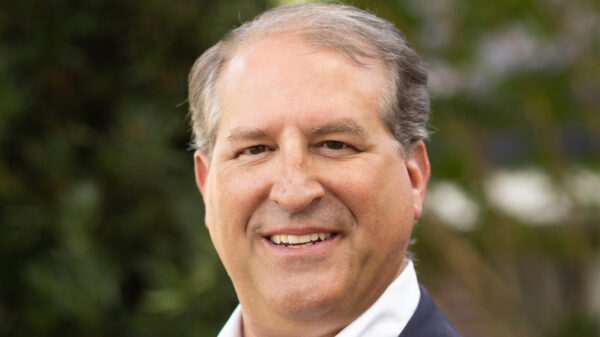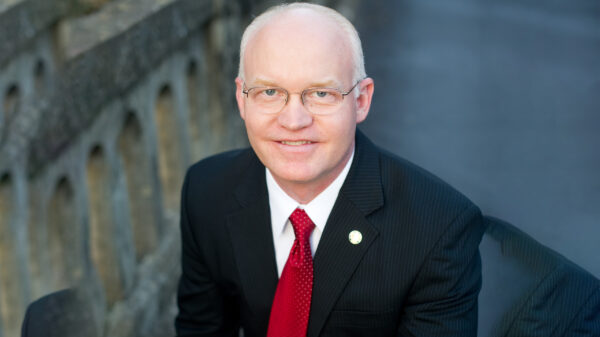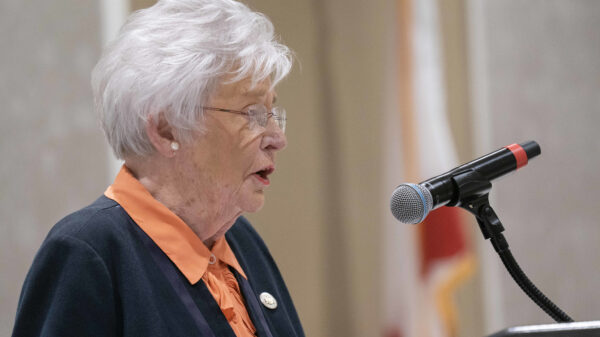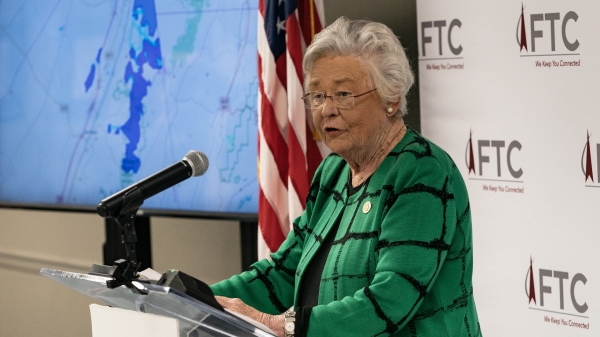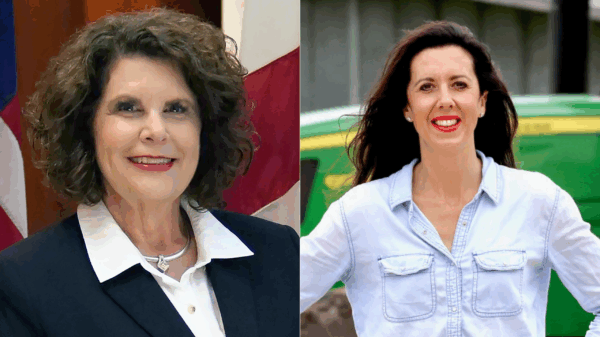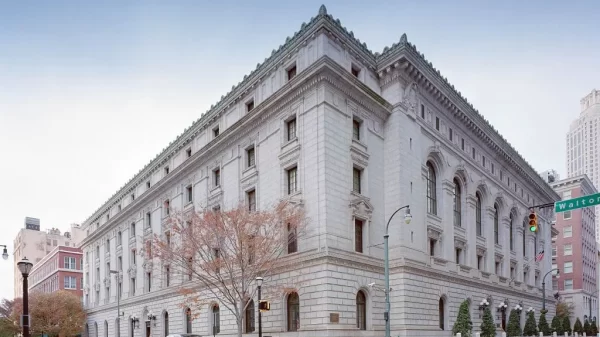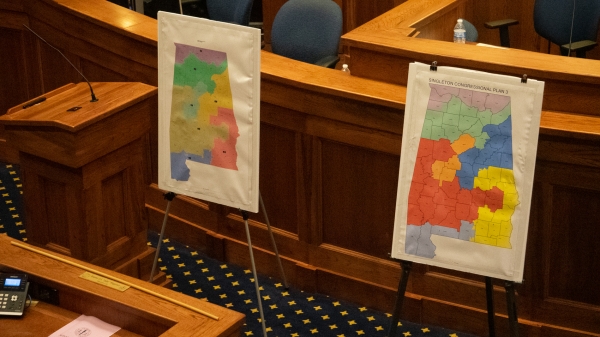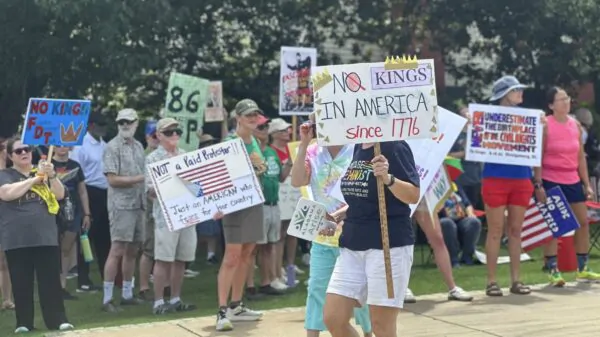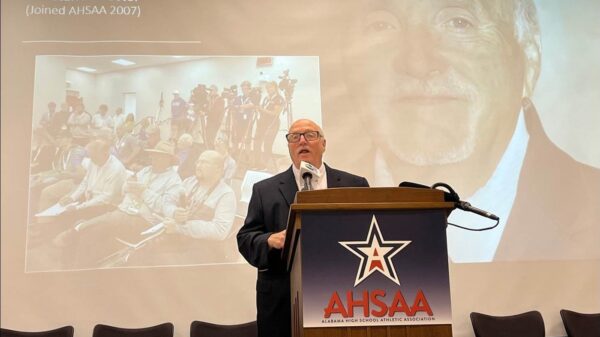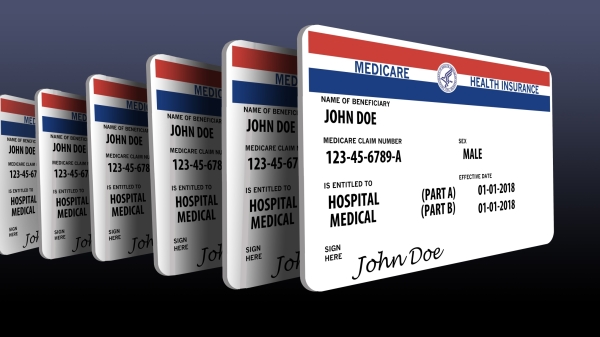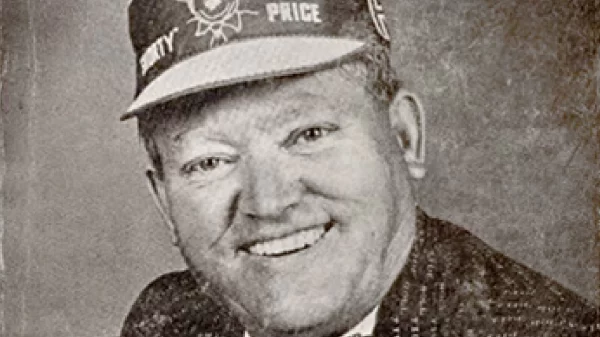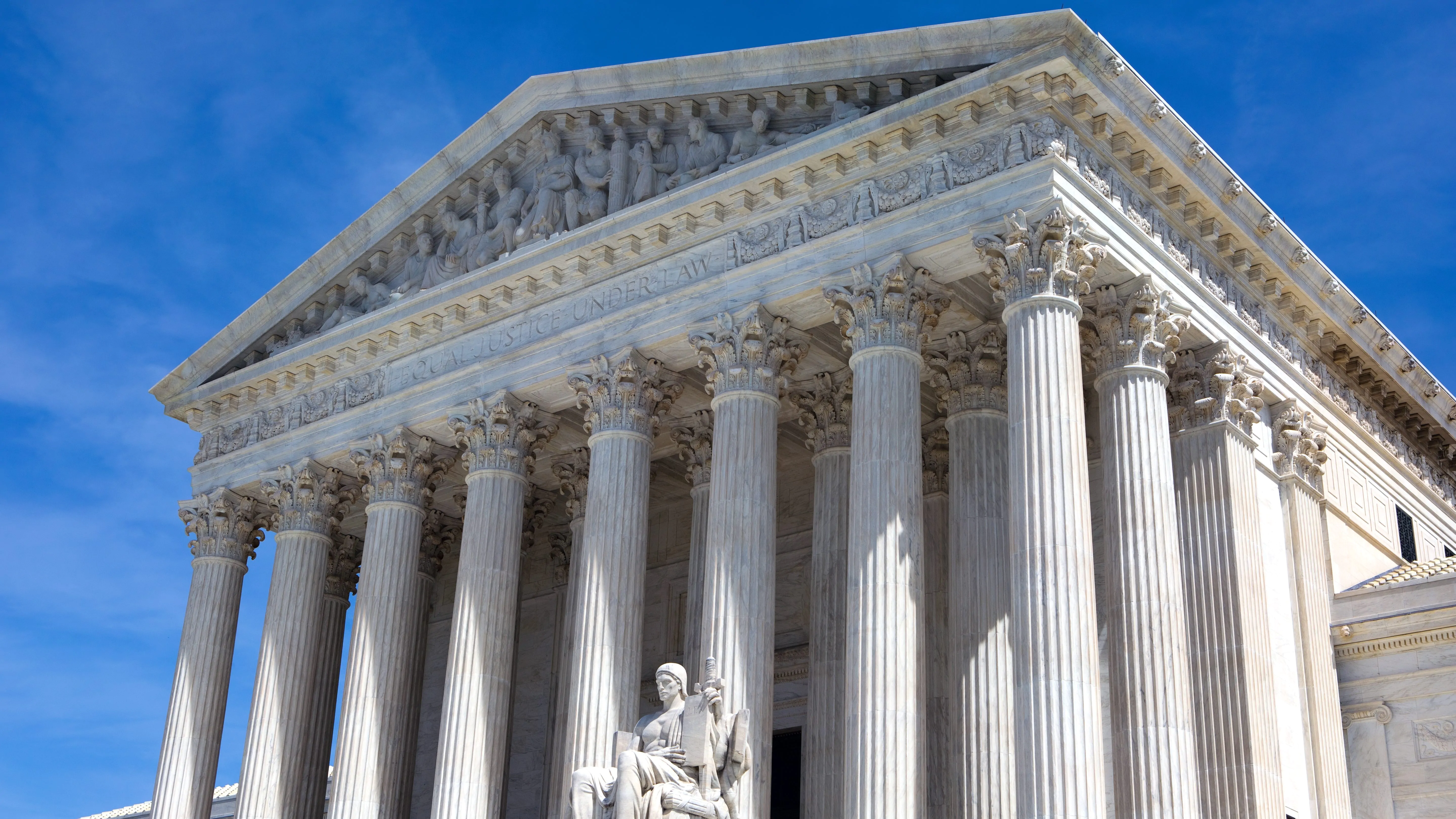On Friday, Alabama Attorney General Steve Marshall praised news of a unanimous decision by the U.S. Supreme Court on Thursday, in a lawsuit supported by Alabama, upholding the right of Catholic Social Services to assist in Philadelphia’s foster care system.
The Supreme Court of the United States unanimously sided with 16 Republican AGs — led by Texas Attorney General Ken Paxton and Nebraska Attorney General Doug Peterson — who filed amicus curiae briefs in Fulton v. City of Philadelphia, one of the high court’s most important religious liberty cases heard this term.
The Republican attorneys general argued the city of Philadelphia cannot exclude Catholic Social Services from its foster care system because their religious beliefs prevent them from endorsing same-sex households as foster parents. All nine justices —including the court’s three liberal members — agreed that the city of Philadelphia’s actions violates Catholic Social Services’ right to freely exercise their religious beliefs and was discriminatory to people of faith.
“Alabama and 12 other states filed an amicus brief in Fulton v. Philadelphia in support of Catholic Social Services after the City of Philadelphia excluded the faith-based child placement organization from the city’s foster care program because the group follows its religious beliefs,” Marshall said.
“Faith-based groups such as Catholic Social Services have long provided invaluable care for poor and abandoned children and, accordingly, are often partnered with government to fulfill this vital community service,” Marshall said. “However, government does not have legal grounds to require foster care groups to set aside their religious beliefs in order to participate in the foster care system.”
“Today, the Supreme Court said such actions by the City of Philadelphia violate the group’s First Amendment right to the free exercise of religion,” Marshall said. “The Supreme Court decision is yet another victory by faith-based groups to protect their right to practice their religious beliefs. Freedom of religion is increasingly under assault in our country and every legal battle to protect our First Amendment rights is critical.”
“Today’s unanimous Supreme Court decision affirms what we’ve always known; that foster care and adoption programs should be focused on the best interest of children, and those interests are not served when the government excludes faith-based organizations from participating based solely on their religious beliefs,” said Texas Attorney General Ken Paxton. “Cooperation between states and faith-based groups is fundamental to child welfare, just as religious liberty is to our Constitution.”
“This is a very important first step to restoring religious liberty to this country,” former Chief Justice Roy Moore said. “All Christian-based adoption services should be thankful that the U S Supreme Court has exercised common sense rather than political correctness.”
Moore is the founder of the Montgomery-based Foundation for Moral Law.
Chief Justice John Roberts writing for the majority of the court wrote, “The contractual non-discrimination requirement imposes a burden on CSS’s religious exercise and does not qualify as generally applicable.” “The Court also granted review to decide whether Philadelphia’s actions were permissible under our precedents. See Pet. for Cert. i. CSS has demonstrated that the City’s actions are subject to “the most rigorous of scrutiny” under those precedents.”
Marshall announced earlier this month that he is seeking re-election as Alabama attorney general in the 2022 election.

